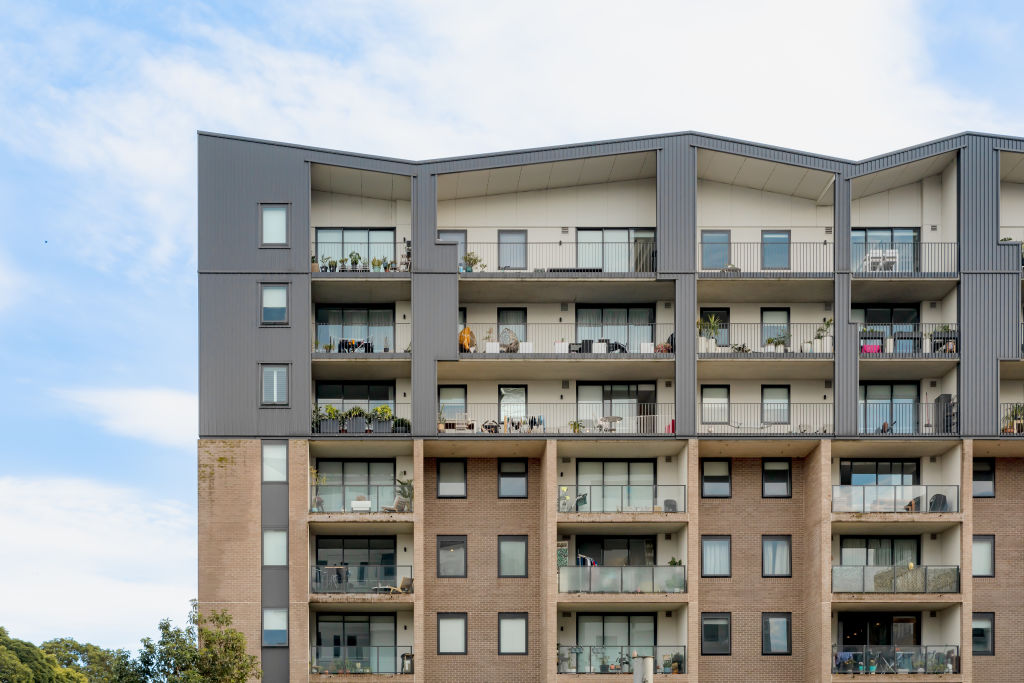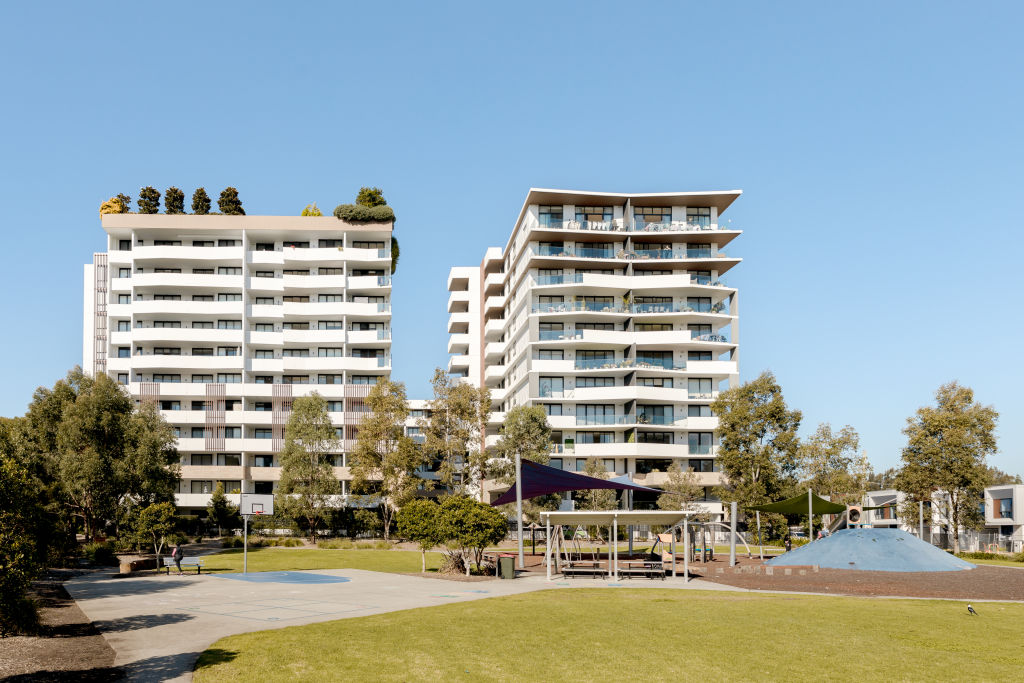What is body corporate?

Take a walk through any apartment complex and a lot can be revealed about body corporate management. Well manicured gardens, shiny floors in the entrance lobby and crystal-clear water in the pool are all healthy signs of good body corporate, or strata, management.
This often overlooked element of purchasing can come as somewhat of a surprise to buyers who may have carefully scrutinised the credentials of the building, architect and developer, but passed over the details of the body corporate.
Leonard Teplin, director at Melbourne’s Marshall White, says buyers often don’t realise the importance of body corporate management.
Why is body corporate important?
“It obviously helps owners with resale value and builds a better community, but this is part of the sales pitch to a buyer about why they should choose to do business or choose to own a property from a certain developer in a certain location,” he says.
“It’s not just the marble benchtops or the kitchen appliances – it’s actually the level of service after settlement.
“Who’s the team managing the building and what experience do they have? Because they are so important to the ongoing success of any building.”

Which laws regulate body corporate management in Australia?
In recent years, body corporate laws have changed to keep pace with the introduction of short-stay accommodation providers such as Airbnb, and the prevention of major defects including combustible cladding.
Each state has different rules and regulations, and these govern the responsibilities of body corporate management and also the length of their contracts.
However, in Victoria, NSW and Queensland, the maximum length of a body corporate manager is three years. This helps keep managers accountable and the appointment process competitive, says Chris Duggan, group managing director of Sydney’s Bright and Duggan.
“That’s the exercise of democracy in strata and owners can vote, and do vote, on a regular basis about the retention of their managers,” he says.

The responsibilities of a body corporate manager
Outside of the upkeep of a property, perhaps the most important role of a body corporate manager is to maintain the peace. Living side-by-side, whether it’s in apartments or townhouses, can be a challenge.
“People refer to the three Ps – pets, parties and parking – and it’s a nice way of just talking about the fact that there are lots of different uses and different expectations within a building,” Duggan says.
“But mostly it comes down to managing expectations and also common sense.
“The role of a manager, whether it’s a body corporate manager or an owners’ corporation manager, is to facilitate the running of that building to ensure that the owners can enjoy it in a respectful manner, but also in a compliant manner so that the building is safe and hopefully the value of it is maintained.
“The rules of engagement and compliance are becoming more onerous, unfortunately, because that’s the nature of more complex communities, but also government intervention, to an extent – for good reason.”

Strata managers, particularly those at the upper end of the market, keep a close eye on new buildings before they are completed so they can spot potential defects and alert the developer.
This means owners can avoid spending months chasing builders for repair works or, worse, raising expensive levies to cover the cost of defects.
They are also involved in renovations and complex restoration projects at heritage buildings.
For example, the residents of the upmarket Richmond Icon apartments, on the fringe of Melbourne’s CBD, were recently asked to upgrade the glass of the heritage-listed Dimmeys clock that sits above the building.
This fell to the owners’ corporation manager, Bryan Phillips of Tideways.
“It was a massive job working with Heritage Victoria,” he says. “We had to obtain the quotes, work with the project managers and the owners.
“There were access requirements, and obviously being the coordination point with Heritage Victoria and working through their guidelines in terms of the methodology and approach to the repair and making sure that the glass contractor abided by that.
“There was a stack of work involved there.”
How much will I pay for body corporate fees?
Body corporate fees differ depending on the number of residences in a building and also the number of amenities.

At One Sydney Harbour in Barangaroo, the extensive list of shared facilities include an indoor and outdoor pool, concierge, fitness studio, billiards room and wine gallery.
But this is a far cry from most multiresidential developments where buyers are more cost-sensitive, says David Steele, state manager at Metro Property Development.
“The number of amenities is certainly being wound back, [because many people] just can’t afford to have them,” he says.

“Construction costs being what they are, you can’t spend too much on those sorts of things. It costs the developer more to provide the product, but also it will end up costing the end buyer more, which restricts sales.”
Steele estimates most body corporate fees fall between $2000 and $9000 a year.
For Rollo Wright, founding director of Melbourne developer Roulston, appointing a body corporate manager is an important step in any development.
“I want someone that’s going to represent my brand and the building and give the owners the best service,” he says.
“That first year it really is quite hands-on with the owners’ corp and the body corporate manager helping us through commissioning the building and inevitably there are defects.
“So working through those in an orderly fashion and making sure we’re not disturbing owners and residents, and that we’re informing them of works that are happening, and pushing the builder along.”
We recommend
We thought you might like
States
Capital Cities
Capital Cities - Rentals
Popular Areas
Allhomes
More









